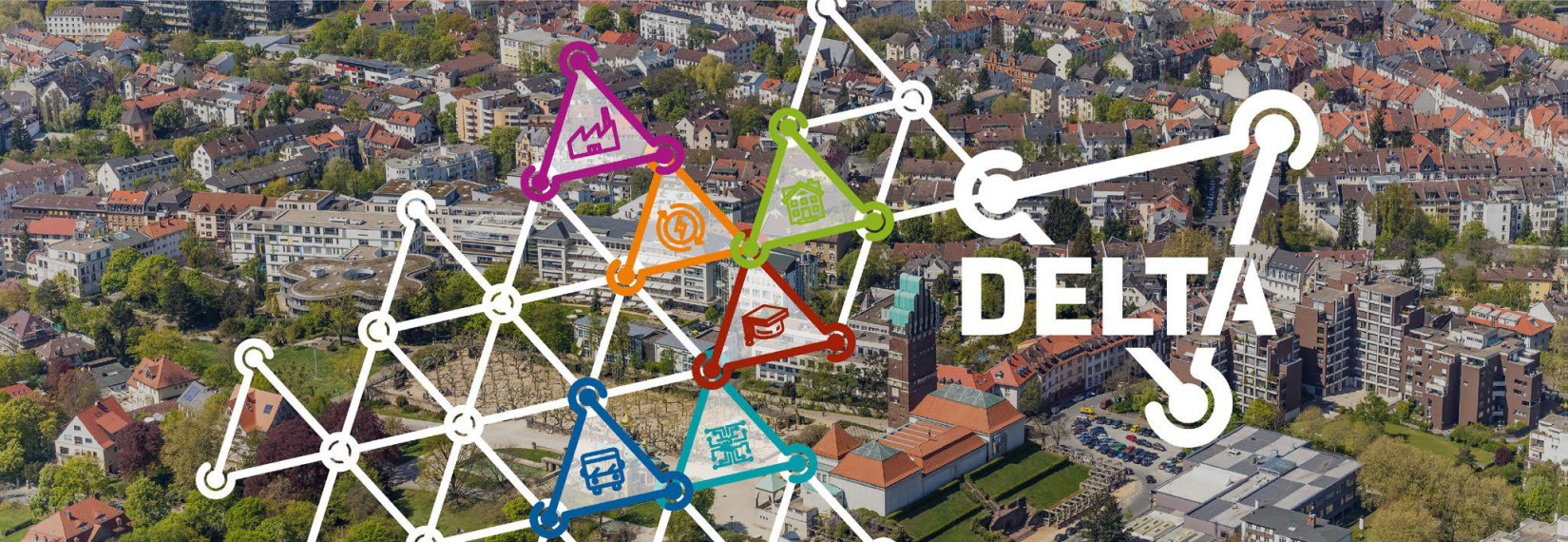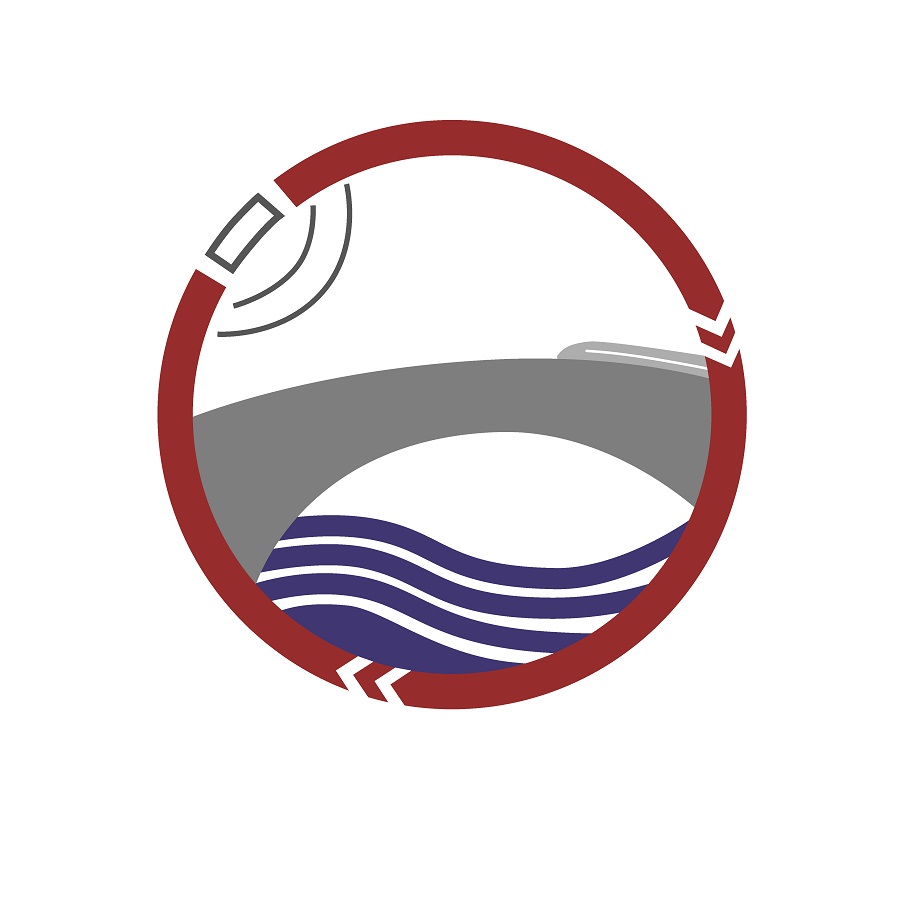Cities have a lot of potential: Waste heat, for example, which flows unused from industrial plants. In buildings with intelligent energy management, this heat becomes valuable. The City of Darmstadt and experts from Darmstadt's energy management, experts from Darmstadt's universities and business economy will use these potentials within the real laboratory DELTA (short for “Darmstadt Energy Laboratory for laboratory for technologies in application”) to make urban energy systems more efficient, more flexible and more climate-friendly. Around 100 million euros will be made available for the project over the next five years. The project team is faced with the how an existing energy system can be optimized in such a way that Darmstadt or comparable cities can take the next steps toward the energy and climate neutrality.
To meet this challenge, a consortium has joined forces to form the “DELTA Real Laboratory”. Professor Dr.-Ing. Jens Schneider from the Institute of Structural Mechanics and Design at the Technical University (TU) of Darmstadt will in close cooperation with Professor Dr.-Ing. Matthias Weigold (Institute for Production Management, Technology and Machine Tools) coordinate the project. TU Darmstadt, which has already successfully completed large energy research projects or is currently carrying them out (for example ETA-Factory, EnEFF: City Campus Lichtwiese and SWIVT), is working together with major large industrial companies, medium-sized municipal utility companies, TU Darmstadt ETA-Solutions GmbH (a spin-off of the TU Darmstadt involved in the DELTA concept ) and other start-ups and research partners to demonstrate the potential of a networked optimization of different energy subsystems (sectors). In essence the project will use the opportunities for the energy turnaround on the urban area with the inclusion of new technologies and optimal utilization of existing energy resources and infrastructures. “With DELTA, we are realizing a real implementation project, in which science, business and society are working hand in hand and thus creating a prerequisite for the success of the energy turnaround,” as the two TU professors Schneider and Weigold say.
OVERALL VIEW OF THE URBAN ENERGY SYSTEM
With DELTA, the consortium aims to make a significant contribution to the upcoming changes in the in the energy system. DELTA addresses the question of how innovative approaches to save of CO2 in urban quarters can be optimally used and networked through sector coupling. Housing, industry and commerce, mobility industry and renewable energy generation are included in the focus of the urban energy system. In addition to the technological innovations, the project will also research the driving forces behind the topics of digitalization, new business models or citizen participation for a successful energy transition.
The DELTA team expects to be able to save around 14,500 tons of CO2 per year in Darmstadt. Roughly calculated, this corresponds to the complete CO2 footprint of over 1,600 people, i.e. one percent of Darmstadt's population. In addition storage technologies such as batteries and the use of hydrogen help tuning the timing of energy supply and demand. That way the flexibility of the system increases, and more temporally fluctuating renewable energies can be fed into the grid. Additional flexibility potential of 4.6 megawatts is expected.
REALLABORE
DELTA is one of the 20 winners of the ideas competition Real laboratories of the energy turnaround of the German Federal Ministry for Economic Affairs and Energy. The reallabs implement forward-looking projects on an industrial scale. Within the 7th energy research program of the German government, they are as an innovative format amend applied research in the direction of Practice transfer and to advance the energy turnaround. The aim is to test the respective concepts under real conditions to such an extent that in the future they can be transferred to other neighborhoods and cities throughout Germany.
Project Page: www.delta-darmstadt.de


